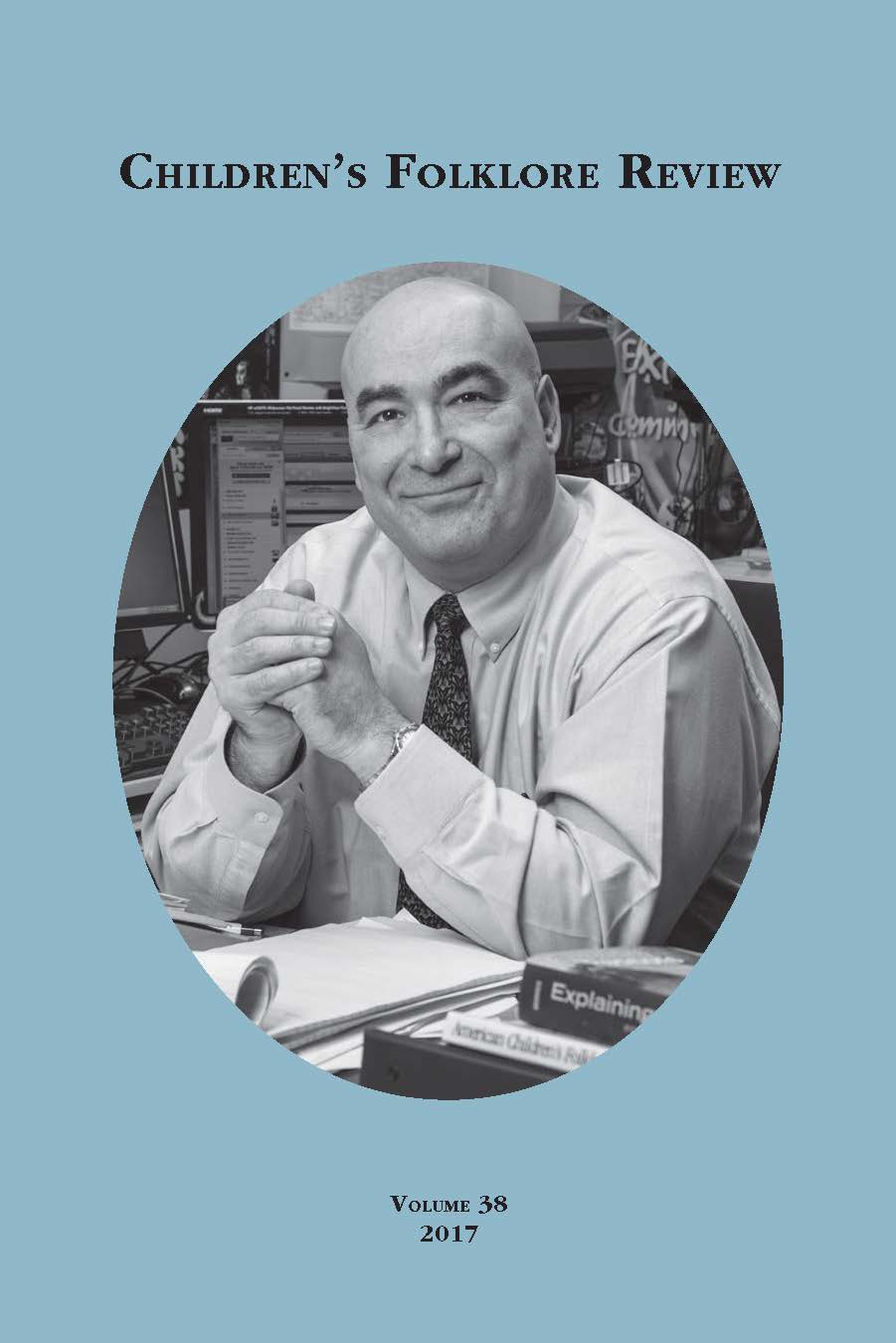“Little Pitchers Have Big Ears”: The Intricate World of Children and Proverbs
Main Article Content
Abstract
The titular proverb from the 16th century, not particularly current these days, used to be employed by parents to signal each other that their little children (pitchers) were listening in on something that was not meant for their ears (handles on the pitchers). The assumption was that children could not possibly understand this metaphorical message and, judging by some experiments I have conducted with youngsters as well as my university students, it is indeed a proverb whose hidden meaning is difficult to comprehend. But the proverb also implies that the children are good and keen listeners to what adults are saying, and sooner or later they will catch on at decoding the metaphors of proverbs whose imagery is less obscure. This begs the question at what age children become comfortable in processing proverbs in their mind, whether it is worthwhile to teach them some of the most popular proverbs, and what educational tools exist in addition to normal discourse to aid in this developmental process. Once children are introduced to metaphorical proverbs that relate to their very existence, their interest in dealing with this type of indirect language is awakened. There is no doubt that children can handle proverbs at an earlier age than has long been thought possible, but much more study needs to be undertaken on how children employ proverbs once they have become part of their natural vocabulary.
Downloads
Article Details

This work is licensed under a Creative Commons Attribution-NoDerivatives 4.0 International License.
Materials published in the Children's Folklore Review (CFR) remain the property of their authors. CFR encourages authors to honor the journal with exclusive rights to their work for the period of one year following its initial publication; however, authors may offer their work for reprint as they see fit. Submissions may be withdrawn at any point during the review process. Once the material has been published in CFR, however, it becomes part of the CFR record and cannot be removed.Likewise, CFR may emend the appearance of materials to maintain a consistency of design, but will make only make changes to the text when requested by the author. At the author’s request, and with the agreement of the editor, additions and amendments may be added as separate files to the table of contents.
Authors who publish with this journal agree to the following terms:
- Authors retain copyright and grant the journal right of first publication with the work simultaneously licensed under a Creative Commons Attribution Non-Derivative License that allows others to share the work with an acknowledgment of the work's authorship and initial publication in this journal.
- Authors are able to enter into separate, additional contractual arrangements for the non-exclusive distribution of the journal's published version of the work (e.g., post it to an institutional repository or publish it in a book), with an acknowledgment of its initial publication in this journal.
- Authors are permitted and encouraged to post their work online (e.g., in institutional repositories or on their website) prior to and during the submission process, as it can lead to productive exchanges, as well as earlier and greater citation of published work.
- While CFR adopts the above strategies in line with best practices common to the open access journal community, it urges authors to promote use of this journal (in lieu of subsequent duplicate publication of unaltered papers) and to acknowledge the unpaid investments made during the publication process by peer-reviewers, editors, copy editors, programmers, layout editors and others involved in supporting the work of the journal.
